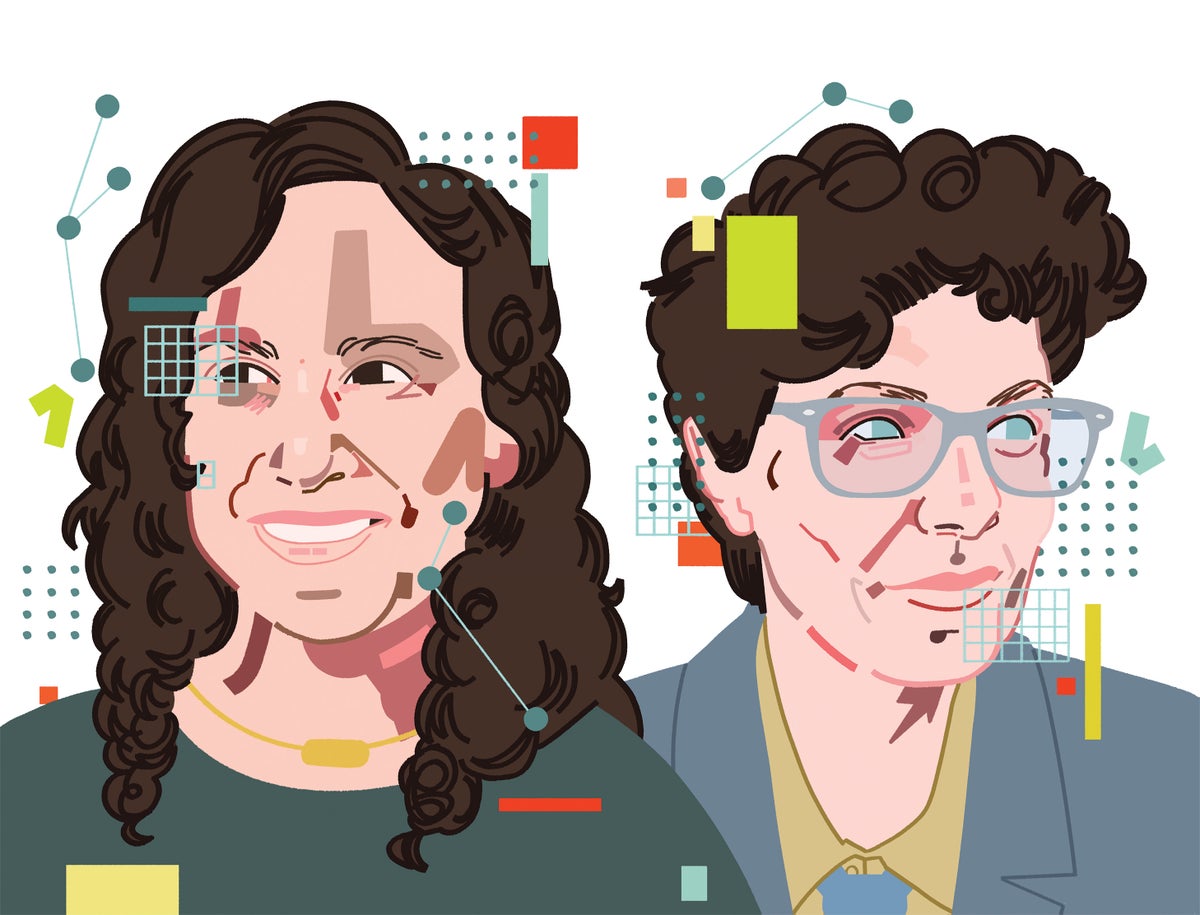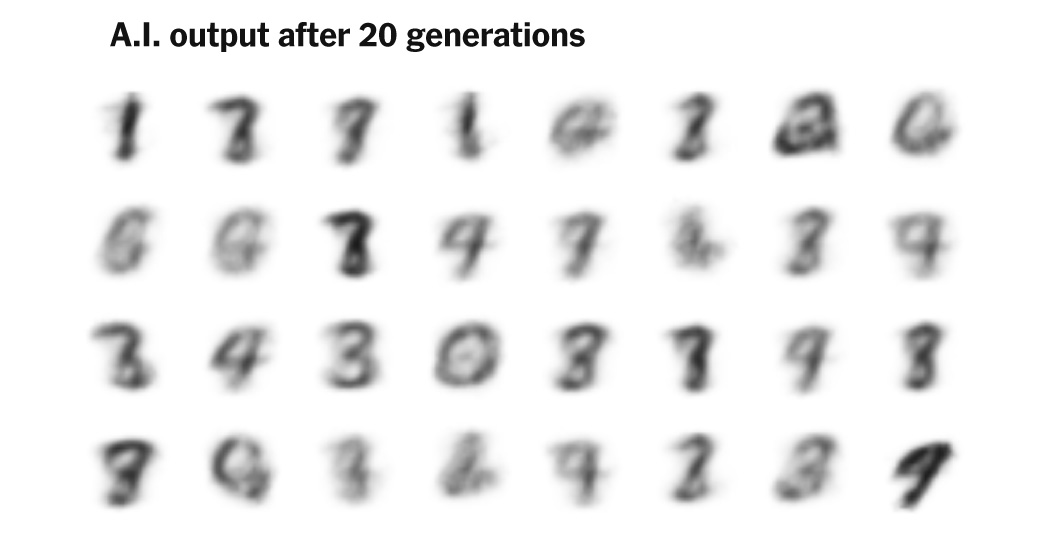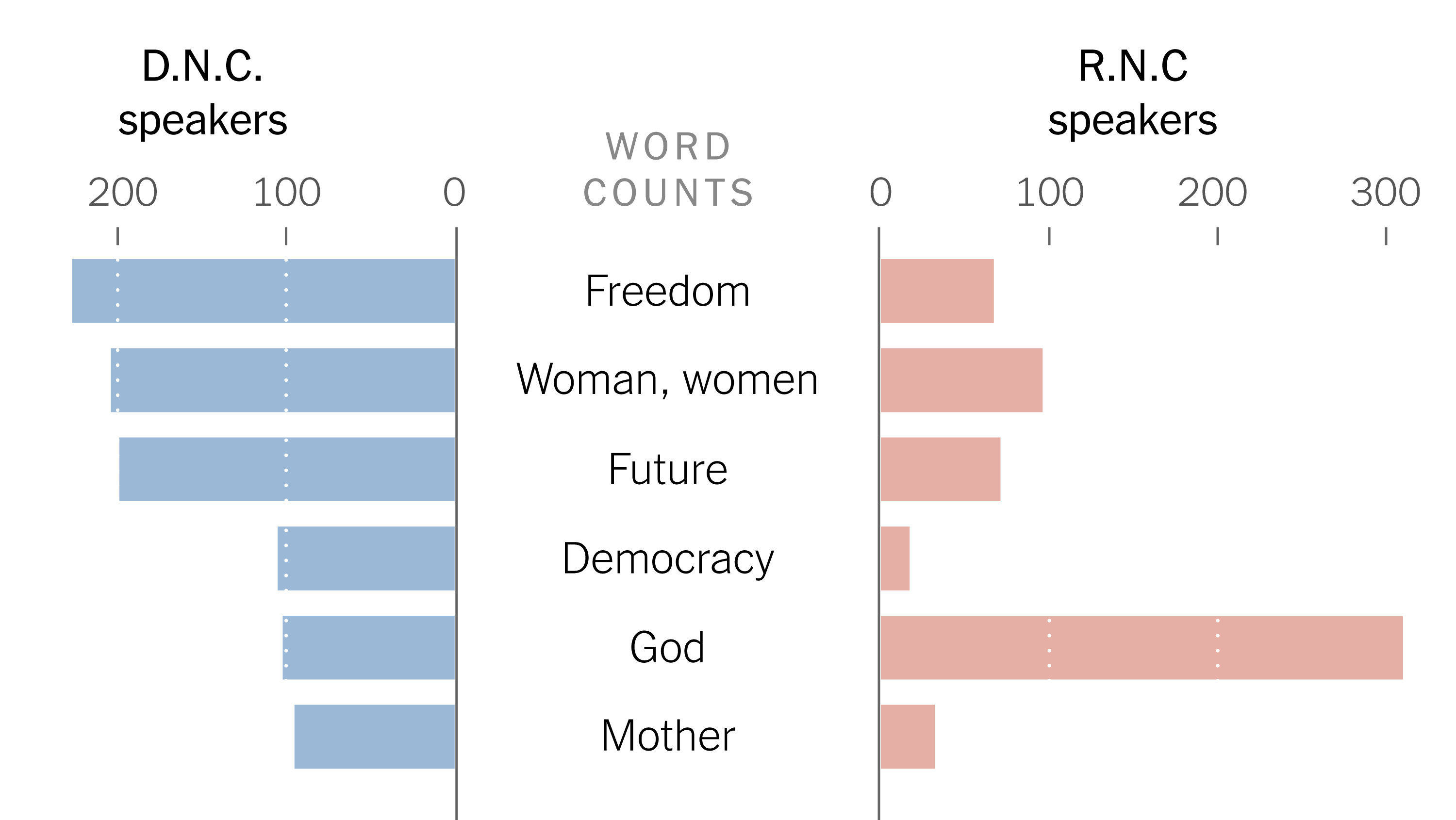Dario Amodei of Anthropic fame has published a long essay on AI titled Machines of Loving Grace: How AI Could Transform the World for Better. In the essay he talks about how he doesn’t like the term AGI and prefers to instead talk about “powerful AI” and he provides a set of characteristics he considers important, including the ability to work on issues in sustained fashion over time.
Amodei also doesn’t worry much about the Singularity as he believes powerful AI will still have to deal with real world problems when designing more powerful AI like building physical systems. I tend to agree.
The point of the essay is, however, to focus on five categories of positive applications of AI that are possible:
- Biology and physical health
- Neuroscience and mental health
- Economic development and poverty
- Peace and governance
- Work and meaning
The essay is long, so I won’t go into detail. What is important is that he articulates a set of positive goals that AI could help with in these categories. He calls his vision both radical and obvious. In a sense he is right – we have stopped trying to imagine a better world through technology, whether out of cynicism or attention only to details.
Throughout writing this essay I noticed an interesting tension. In one sense the vision laid out here is extremely radical: it is not what almost anyone expects to happen in the next decade, and will likely strike many as an absurd fantasy. Some may not even consider it desirable; it embodies values and political choices that not everyone will agree with. But at the same time there is something blindingly obvious—something overdetermined—about it, as if many different attempts to envision a good world inevitably lead roughly here.






